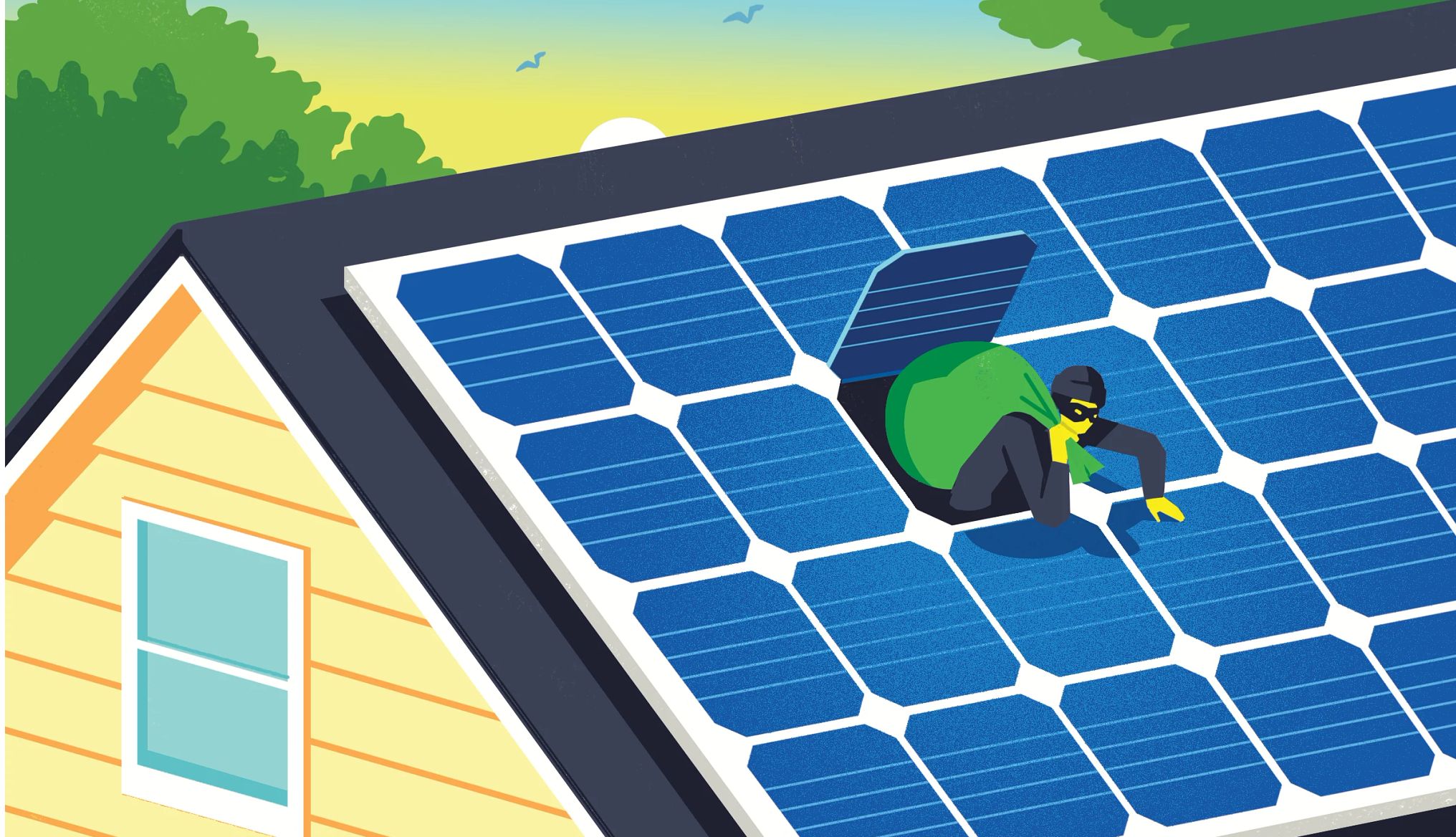AARP Hearing Center


Carliss Wileman wasn’t really interested in solar panels for her New Caney, Texas, home. But when a solar energy salesman stopped by in May 2022 promising no more electric bills and a $30,000 tax rebate, she signed a form on his iPad that she thought was just paperwork. “Now I have an $89,000 loan, 50 panels on my roof, and my porch leaks,” says the 75-year-old retired bar and restaurant owner.
Wileman says she never applied for the loan, never received a tax incentive because she doesn’t pay income tax, and her solar panels “may work a little, but my electric bills are higher for some reason.”
Her experience is not uncommon.
A growing problem
Fueled by a drop in solar panel costs, an urge to fight climate change, the availability of real but sometimes confusing government incentives and a desire to save on rising energy bills, solar panel scams are hitting consumers across the United States.
“I think it’s a perfect storm,” says Minnesota Assistant Attorney General Noah Lewellen. “There are a lot of start-up companies,” and some make promises that never come true.
Scammers exploit the “green halo” around renewable energy to pull victims in, says Robert Mascio, director of Investor Education Outreach at the not-for-profit Financial Industry Regulatory Authority (FINRA). They “take advantage of people’s inclination to do good,” Mascio says. In a 2023 Stanford University survey of 993 investors, 76 percent of people 58 and older said they were concerned about the environment and about 30 percent were willing to lose a little money to help clean it up.
































































More From AARP
Fraud Victims Hit Again by Scammers Promising to Recover Stolen Cash
Be aware of criminals’ touting recovery scams when you’re feeling desperate to be made whole againIt Can Be Agony When a Loved One Is a Scam Victim — But Refuses to See It
Some chronic fraud victims deny that they’ve been targeted by scammers, frustrating the people who care about themWhat to Do If You've Just Been Scammed
How one woman worked quickly — with help — to avoid being charged through PayPal
Recommended for You